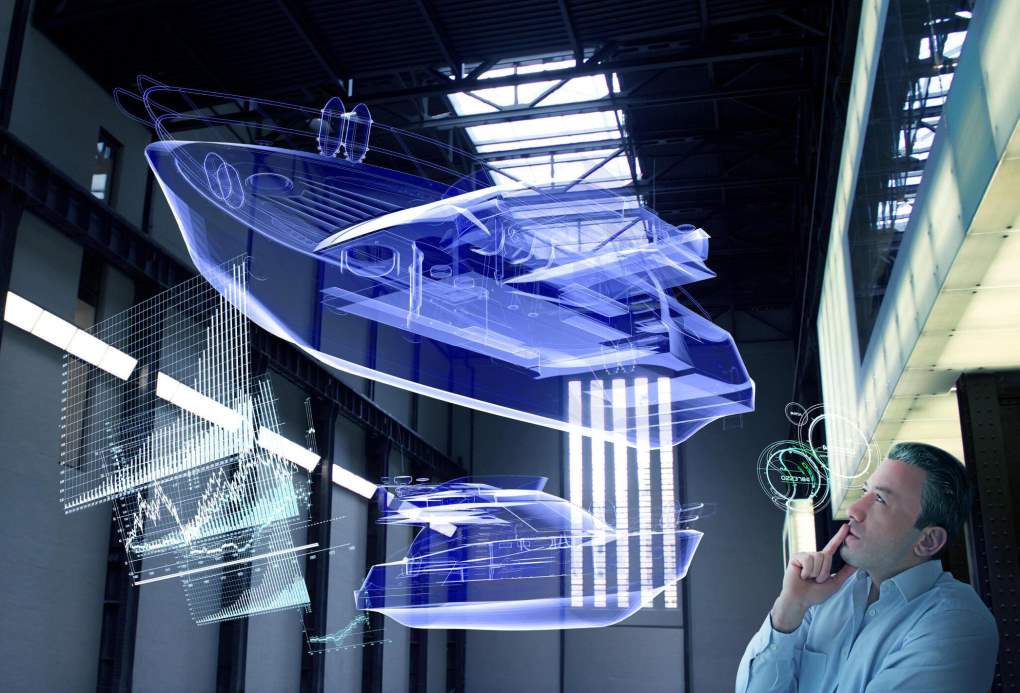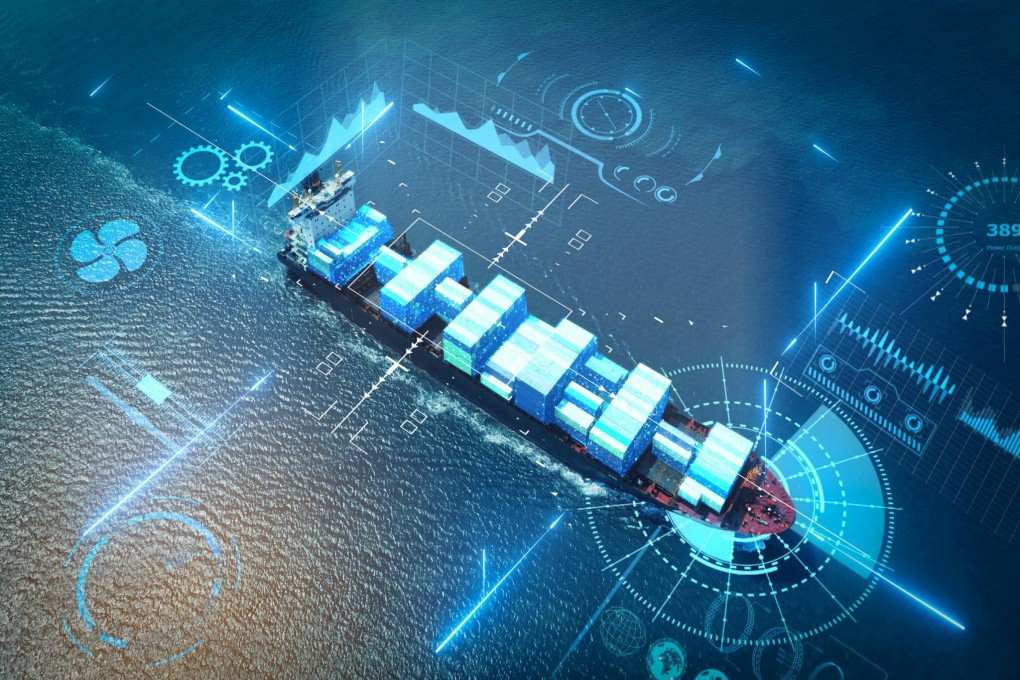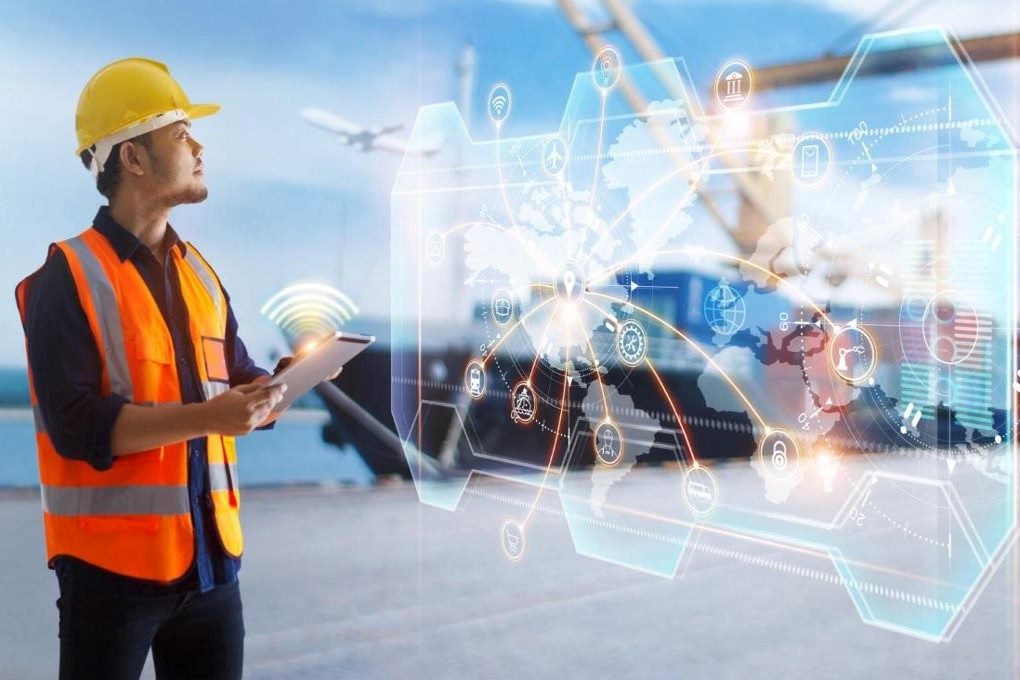In the dynamic realm of marine maintenance, technological breakthroughs have spurred a profound evolution in boat cleaning practices. From the historical challenges of labor-intensive methods and environmental concerns, the marine industry has transitioned to innovative solutions.
This article delves into the transformative journey, exploring the impact of eco-friendly cleaning solutions, autonomous hull cleaning robots, nanotechnology in anti-fouling coatings, and predictive maintenance driven by machine learning.
As we chart the course of marine maintenance evolution, these advancements not only optimize efficiency but also redefine sustainability, providing a glimpse into a future where technology transforms the seascape of boat cleaning services.
The Traditional Challenges of Boat Cleaning
Boat maintenance has historically been a labor-intensive and time-consuming process. Cleaning the hulls, removing marine growth, and preventing corrosion were tasks that required significant effort and resources.
Traditional methods involved manual scrubbing, abrasive chemicals, and anti-fouling paints. However, these approaches often raised environmental concerns and were ineffective in providing long-term protection.

The Advent of Eco-Friendly Cleaning Solutions
One of the initial breakthroughs in boat cleaning was the introduction of eco-friendly cleaning solutions. Manufacturers began developing biodegradable and non-toxic cleaners.
They could effectively remove algae, barnacles, and other marine growth without harming the environment. These solutions marked a significant shift towards sustainable and responsible boat maintenance practices.
Non-Toxic Cleaners
In response to environmental concerns, non-toxic cleaners were formulated to replace harsh chemicals traditionally used in boat cleaning.
These cleaners proved to be just as effective in removing marine fouling while minimizing the impact on aquatic ecosystems.
Biodegradable Formulations
Biodegradable formulations became a game-changer in boat cleaning. Innovative solutions break down naturally over time, reducing the risk of environmental contamination. Boat owners could now maintain their vessels without contributing to the pollution of water bodies.
The Rise of Hull Cleaning Robots
As technology continued to advance, the marine industry witnessed the emergence of hull-cleaning robots. These autonomous machines revolutionized the way boats were cleaned, offering efficiency and precision that surpassed traditional methods.
Autonomous Cleaning Machines
Hull cleaning robots, equipped with advanced sensors and artificial intelligence, could navigate the underwater surfaces of boats autonomously. This eliminated the need for manual labor and increased the speed and accuracy of the cleaning process.

Precision in Cleaning
The use of robotics in boat cleaning ensured a higher level of precision. These machines could reach difficult-to-access areas and remove marine growth without causing damage to the boat’s surface.
This precision not only improved the aesthetic appeal but also extended the lifespan of vessels.
The Future of Marine Maintenance
Looking ahead, the evolution of marine maintenance is expected to continue with even more advanced technologies.
Concepts like underwater drones for cleaning, self-healing coatings, and further advancements in artificial intelligence are on the horizon, promising unprecedented efficiency and sustainability in boat maintenance.
Underwater Drones for Cleaning
Underwater drones equipped with advanced cleaning mechanisms are being developed to automate and streamline the cleaning process further. These drones can reach remote areas and perform detailed cleaning tasks, reducing the need for human intervention.
Self-Healing Coatings
Researchers are exploring the possibility of self-healing coatings that can repair minor damage to boat surfaces automatically. This innovation could significantly reduce maintenance requirements and extend the lifespan of marine vessels.
Continued Integration of Artificial Intelligence
The integration of artificial intelligence is expected to become more sophisticated, with AI systems taking on a broader range of maintenance tasks.
From real-time monitoring to decision-making for complex maintenance procedures, AI is poised to play a central role in the future of marine maintenance.
Nanotechnology in Anti-Fouling Coatings
Another significant breakthrough in marine maintenance came with the application of nanotechnology in anti-fouling coatings. Nanomaterials offered a new level of protection against marine growth and corrosion.

Enhanced Protection
Nanoparticles in anti-fouling coatings created a smoother surface on boat hulls, making it difficult for marine organisms to attach. This enhanced protection reduced the frequency of cleaning required and prolonged the intervals between dry-docking.
Improved Fuel Efficiency
The smooth and clean surfaces achieved through nanotechnology resulted in improved hydrodynamics. This, in turn, enhanced fuel efficiency, making nanotechnology not only a maintenance solution but also a way to reduce operational costs for boat owners.
Machine Learning and Predictive Maintenance
As technological integration continued, machine learning found its way into marine maintenance through predictive maintenance systems. Cleaning systems analyze data from various sensors and historical maintenance records to predict when a boat is likely to require cleaning or other maintenance tasks.
Data-Driven Insights
Machine learning algorithms process vast amounts of data, including water conditions, usage patterns, and previous maintenance history.
This data-driven approach provides boat owners with insights into the optimal timing for maintenance activities, reducing the likelihood of unexpected breakdowns.
Cost-Efficient Maintenance
Predictive maintenance not only improves the reliability of vessels but also offers cost-efficiency.
By addressing issues before they become critical, boat owners can plan and budget for maintenance activities more effectively.
Conclusion
The evolution of marine maintenance through technological breakthroughs in boat cleaning has transformed the industry, making it more sustainable, efficient, and cost-effective.
From eco-friendly cleaning solutions to the integration of robotics, nanotechnology, and machine learning, each advancement has contributed to a new era of responsible and forward-thinking boat maintenance practices.
As we look toward the future, the ongoing development of cutting-edge technologies promises even more exciting possibilities for the marine industry.



